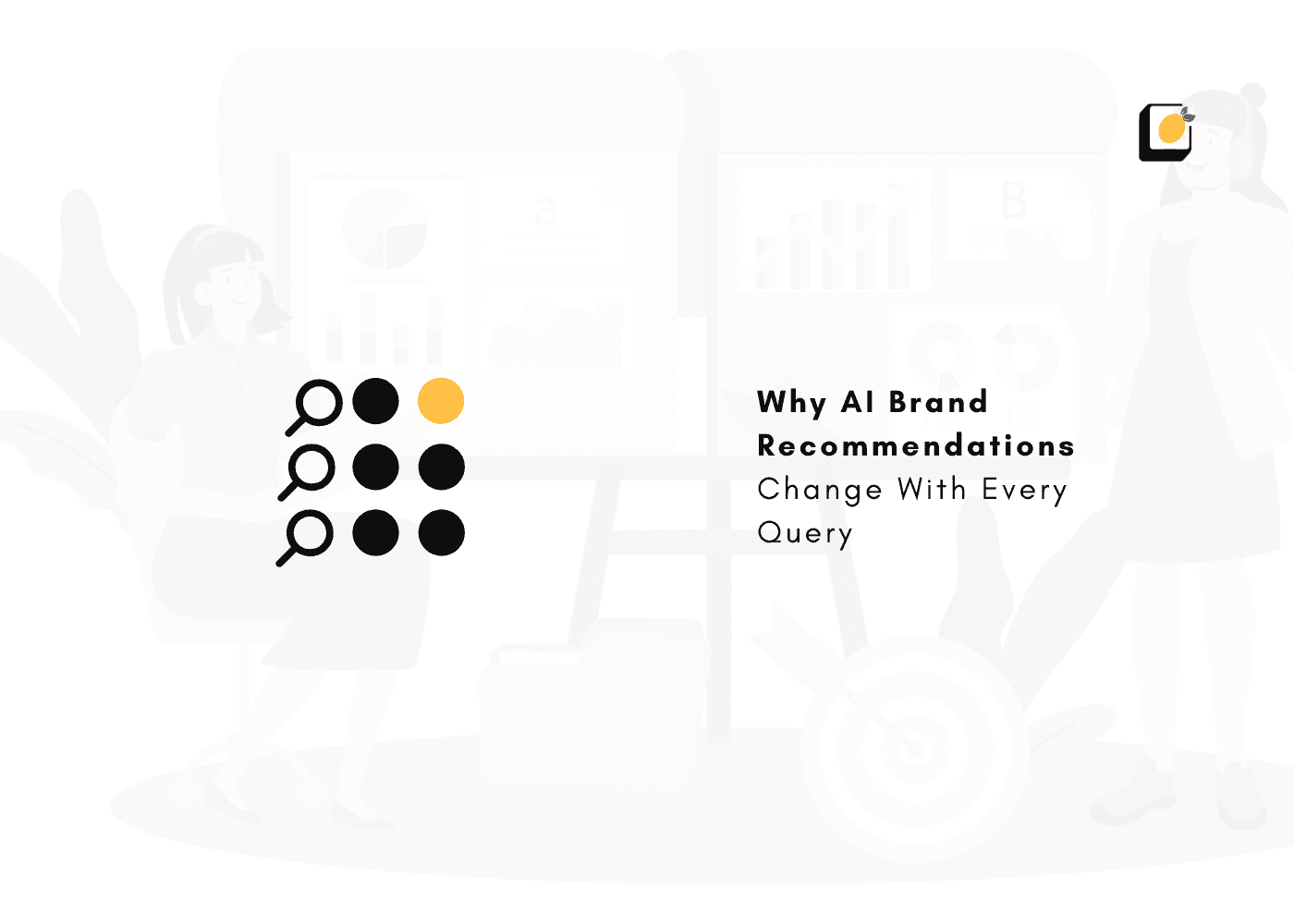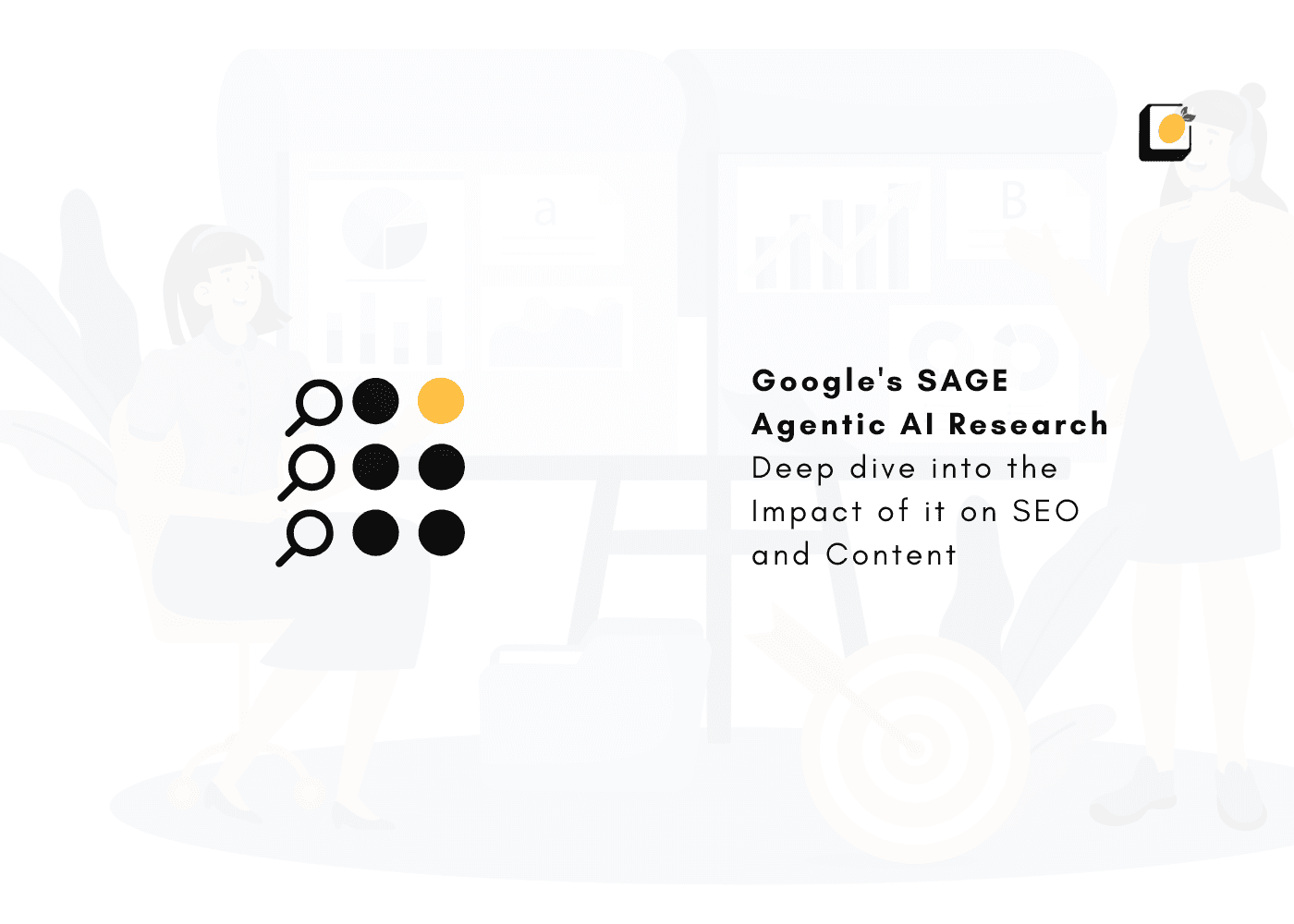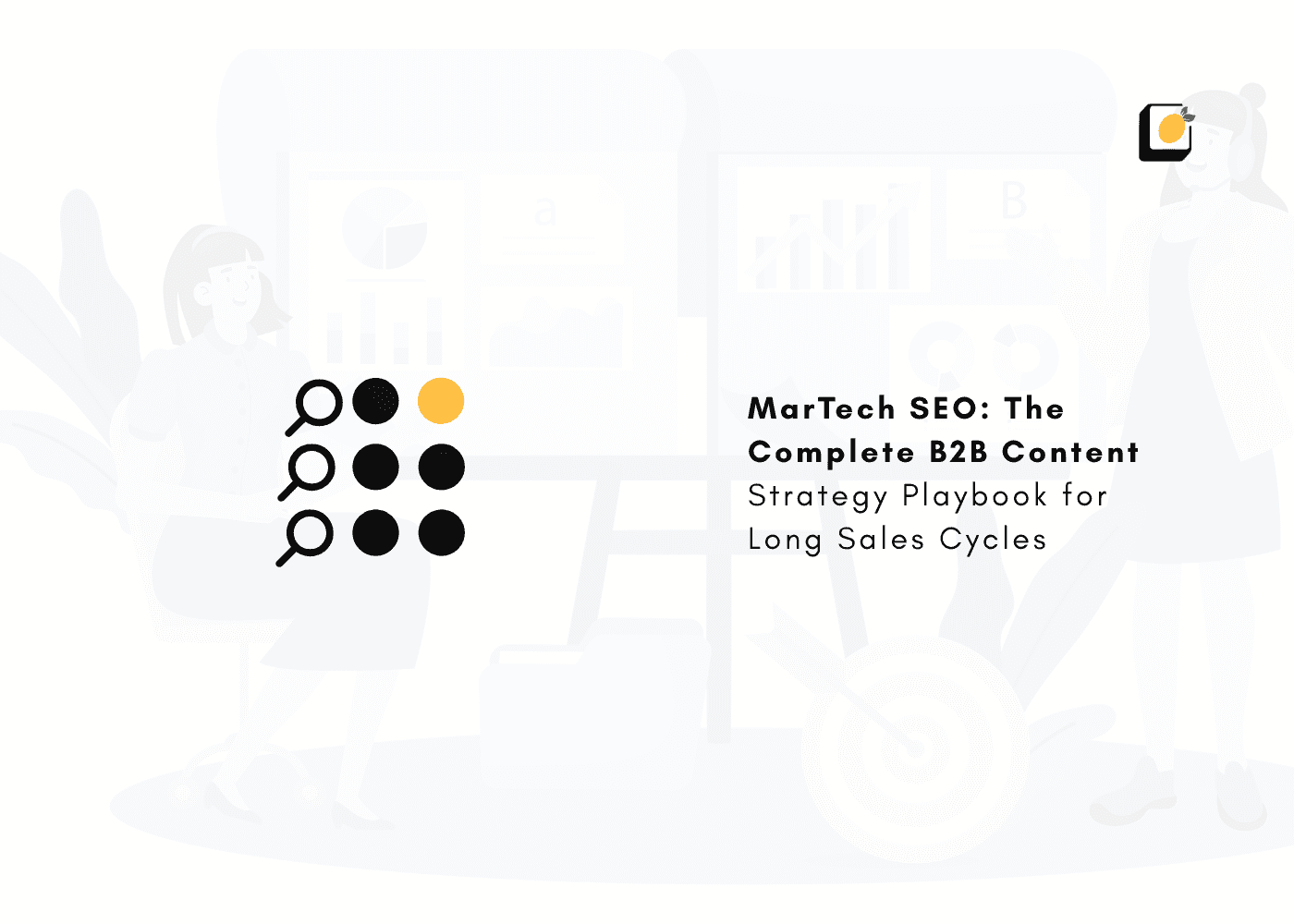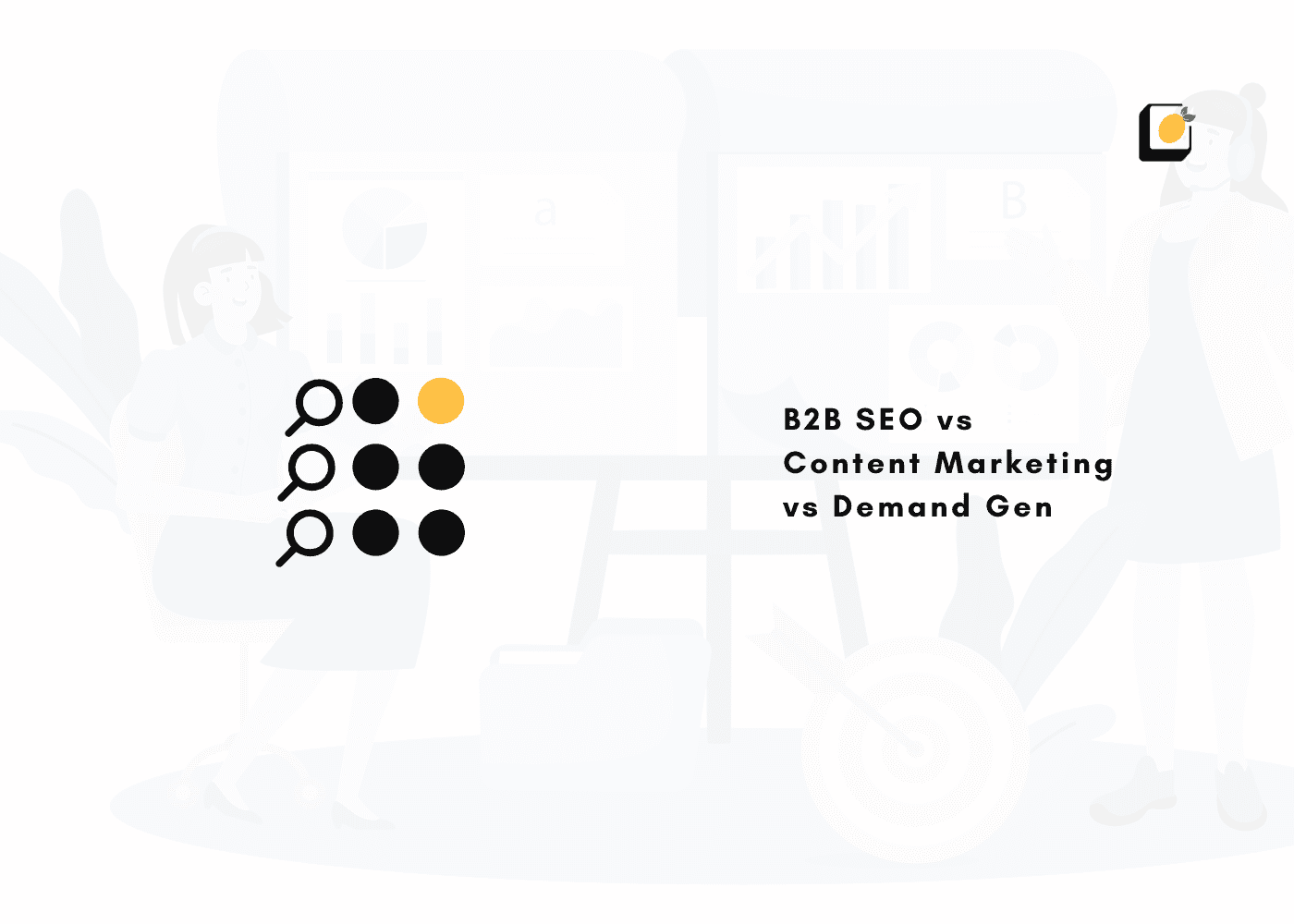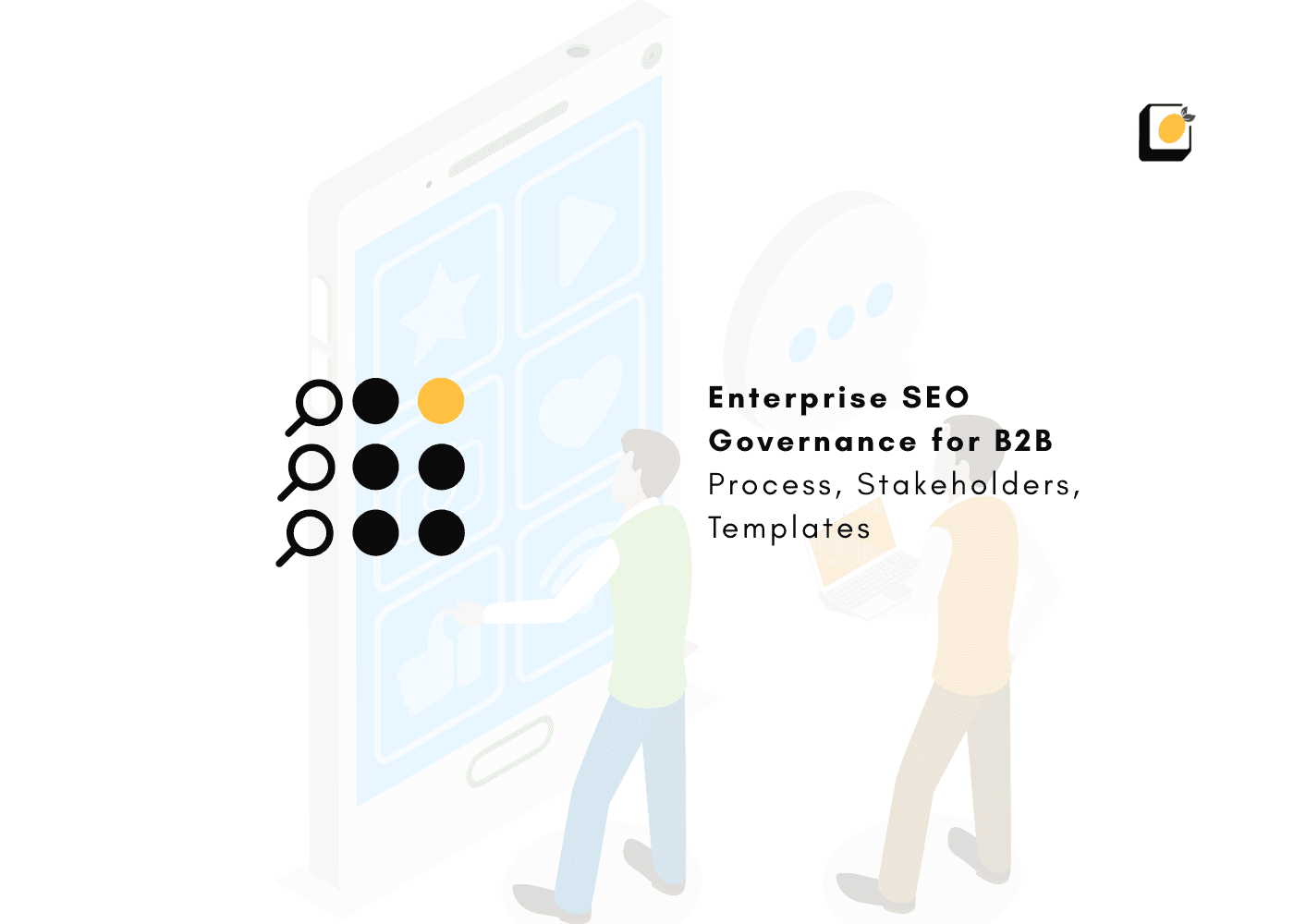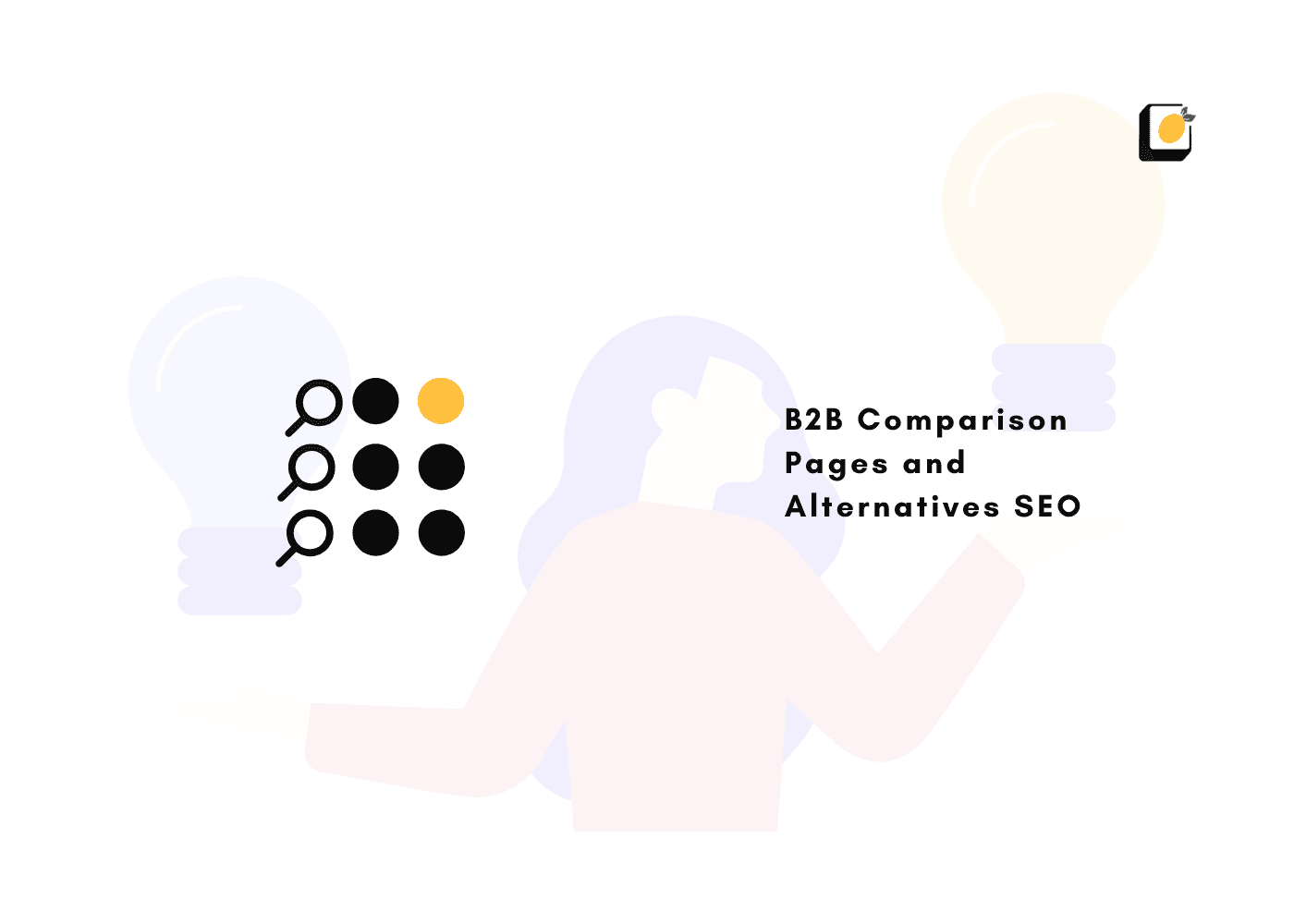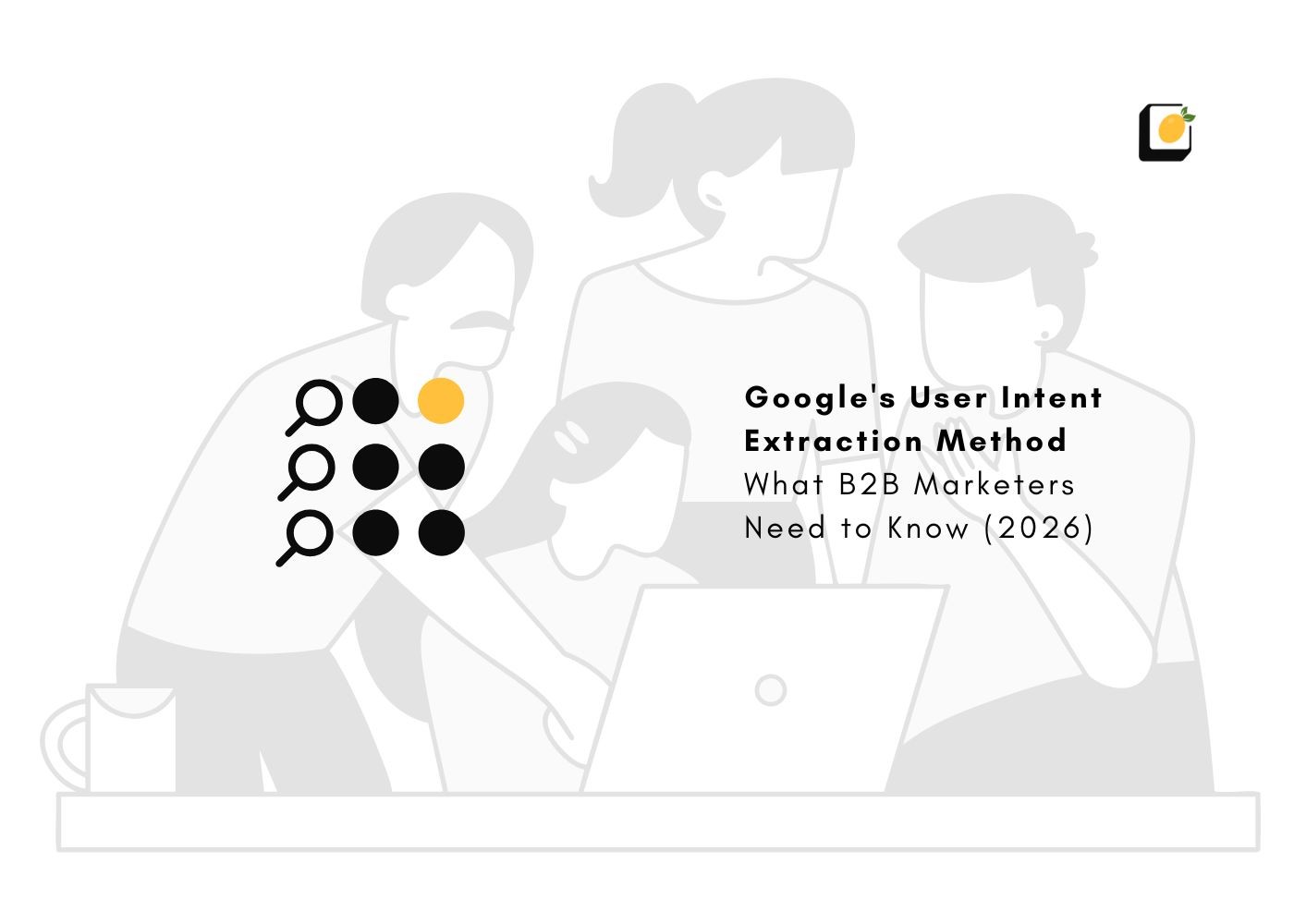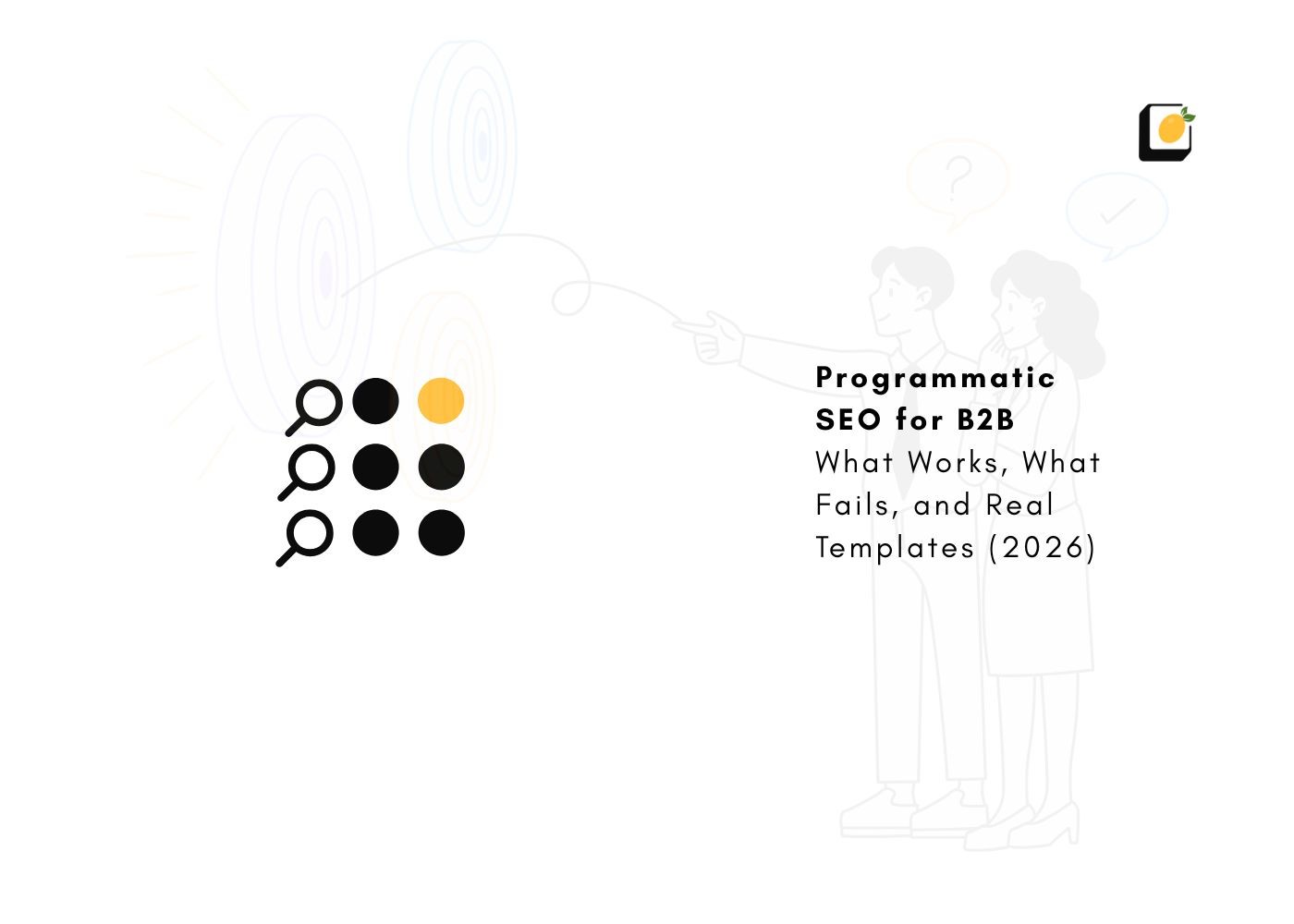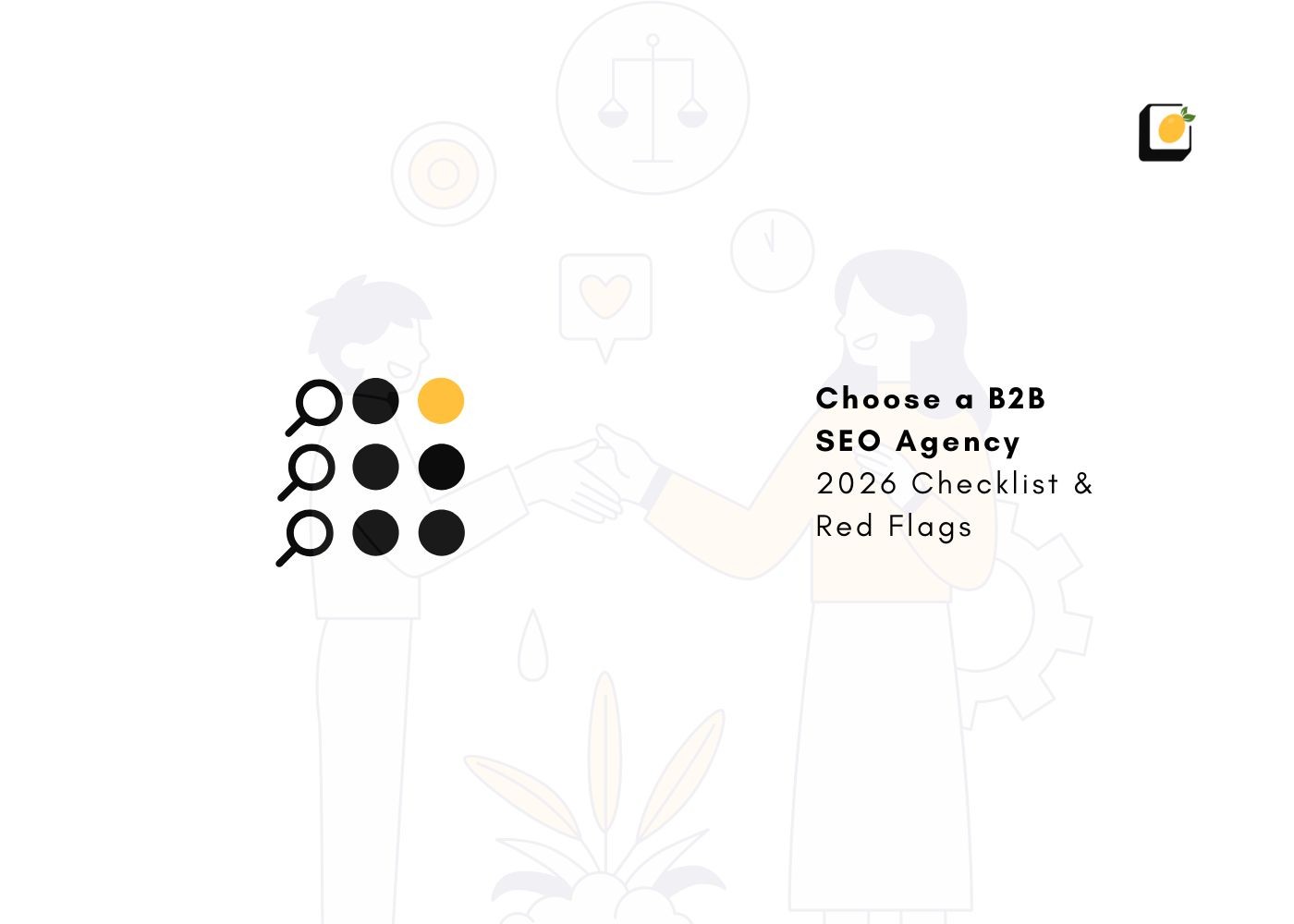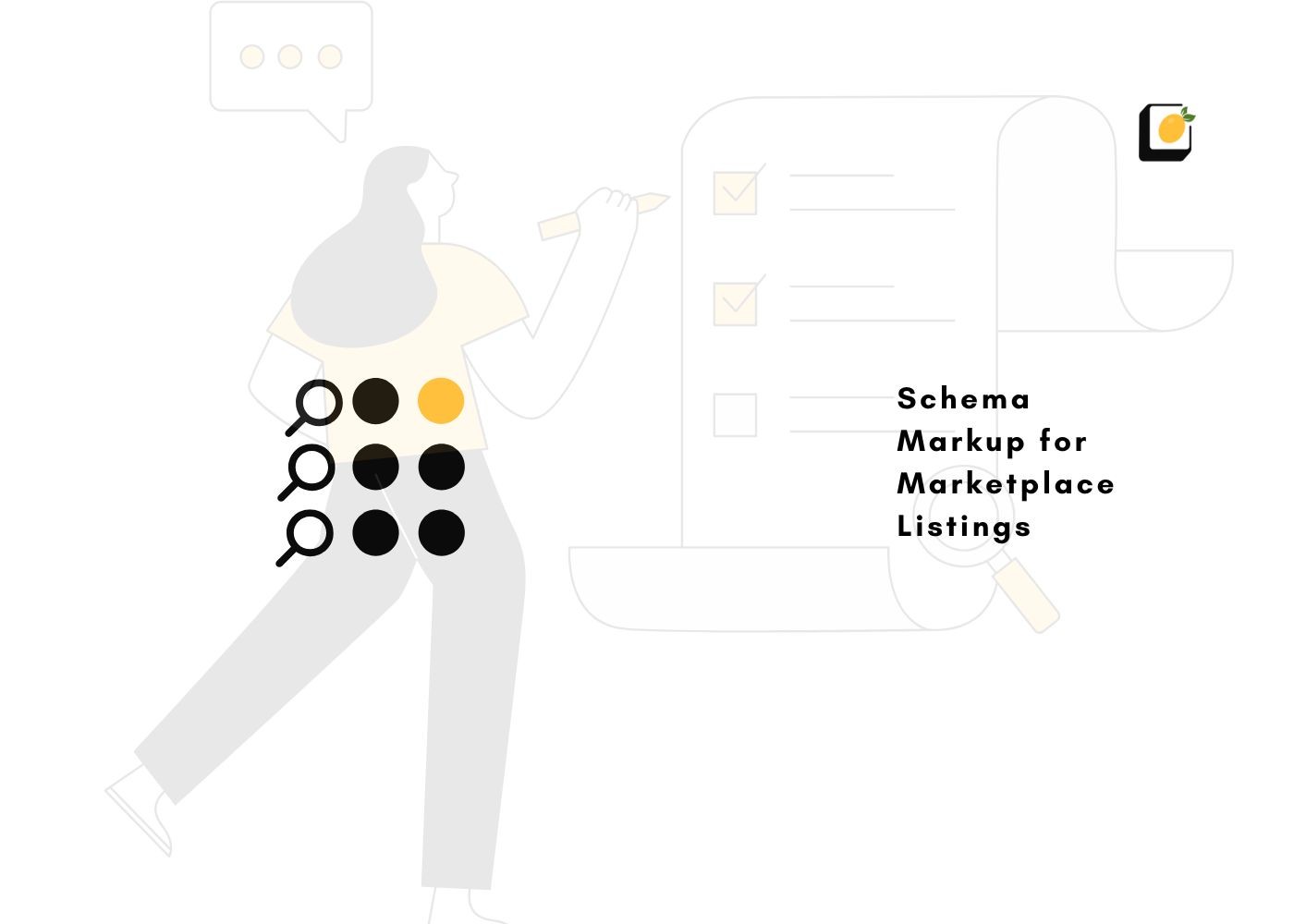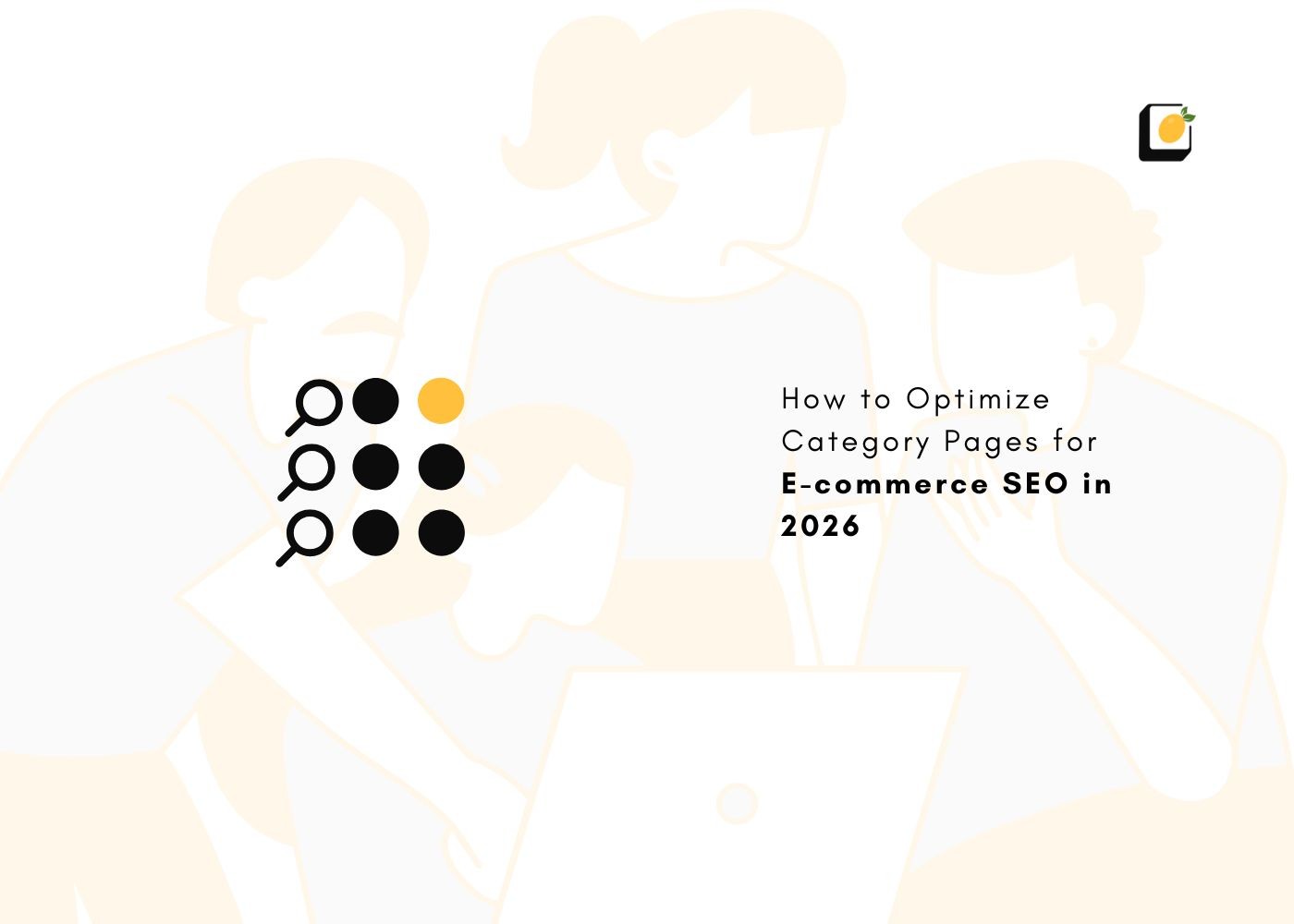AI Content Detection and SEO: Strategies for Creating Content That Ranks Without Penalties
July 30, 2025
Join 500+ brands growing with Passionfruit!
You know that feeling when you hit "publish" on an AI-assisted article and immediately wonder: "Will Google punish me for this?"
We’ve been there. So have thousands of content creators who are second-guessing every AI-generated sentence, worried they're about to tank their search rankings.
Here's what we wish someone had told us earlier: Google doesn't care if you used AI to write your content. They care whether it actually helps people.
This guide is for marketers, content leads, and SEO professionals who want AI's efficiency without the paranoia. We’ll show you exactly how to create AI-assisted content that ranks well, based on real case studies and proven strategies.
Curious how your current content measures up? Get a free audit from our team. No strings attached.
What Google Actually Thinks About AI Content Detection SEO
Google's official stance might surprise you. In their Google AI content guidelines, they've been pretty clear: quality beats creation method every time.
Think about it this way: Would you rather read a helpful, well-researched article that happened to use AI assistance, or a poorly written human article that doesn't answer your questions?
The E-E-A-T Framework (Still Your North Star)
Experience, Expertise, Authoritativeness, and Trustworthiness haven't gone anywhere. Your content still needs to show:
Experience: You've actually dealt with this stuff before.
Expertise: You know what you're talking about.
Authoritativeness: Others recognize your credibility.
Trustworthiness: Your information is accurate and transparent.
Google's algorithms aren't sitting there thinking, "Hmm, this sounds like ChatGPT wrote it." They're asking, "Does this genuinely help the person who searched for this?"
The Big Misconception About AI Penalties
"Google has some secret AI content detection SEO scanner that automatically demotes AI articles."
That's simply not true. Google's helpful content system targets low-value, mass-produced content, regardless of who (or what) created it. There's no magic AI detector issuing penalties.
The real issue? Most AI content fails because it's generic, not because it's artificial.
Why Most AI Content Dies a Slow Ranking Death
Here’s what stands out across hundreds of AI-assisted articles: The recurring mistakes stem from quality issues, not detection.
It's Thin and Boring
AI often churns out surface-level advice that could apply to anyone. Generic phrases like "create quality content" or "optimize for keywords" help absolutely no one.
Compare these two approaches:
Generic AI output: "Social media marketing is important for businesses".
Enhanced version: "Here's how we increased our client's Instagram engagement by 340% using carousel posts with behind-the-scenes content".
See the difference? One is forgettable. The other makes you lean in.
Missing the Human Voice
Google wants to know who's behind the content and why they're qualified to discuss it. Most AI content lacks:
Author credentials and background.
Personal insights from real experience.
Original research or case studies.
Links to credible sources.
Technical SEO Gets Ignored
AI content often fails the basics:
Messy heading structure.
Missing schema markup.
Weak internal linking.
Generic meta descriptions.
These technical gaps hurt rankings regardless of how good your content sounds.
Want to see where your content stands? Schedule a technical audit with our engineering team.
How AI Content Detection Actually Works
Understanding detection tools helps you create better content, not to fool them, but to improve quality.
What These Tools Look For
Detection systems scan for patterns like:
Repetitive structures: AI models love following the same sentence patterns.
Robotic transitions: Awkward connections between ideas.
Generic language: Overusing buzzwords and clichéd phrases.
Missing personality: No opinions, humor, or unique voice.
Why Detection Tools Miss the Mark
Even the best detection tools prove to be wrong at times. They'll flag human writing as AI-generated and miss well-edited AI content.
This proves our point: Focus on quality, not detection avoidance.
The Human Touch Makes All the Difference
The most successful AI content involves serious human enhancement:
Strategic prompting and direction.
Thorough fact-checking.
Adding personal experiences.
Restructuring for better flow.
Incorporating original insights.
Google AI Content Guidelines You Should Actually Follow
Google's guidance is refreshingly straightforward. Focus on user value, not creation methods.
Be Transparent About AI Use
Google suggests disclosing significant AI assistance. It builds trust and shows you're being honest about your process.
Something simple works: "This article was researched and written with AI assistance, then fact-checked and enhanced by our editorial team."
Satisfy User Intent Completely
Every piece of content should genuinely help people:
Answer questions thoroughly.
Provide actionable advice.
Include relevant examples.
Offer unique perspectives.
Maintain Quality Standards
High-ranking content consistently shows:
Accuracy: All facts verified.
Completeness: Comprehensive topic coverage.
Originality: Unique insights or approaches.
Usefulness: Practical value for readers.
Avoiding AI Content Penalties: Your Strategic Framework
Here's how to systematically create AI-assisted content that actually ranks.
Before You Write Anything
Research user intent thoroughly. Tools like Answer The Public show you what people actually want to know.
Map your content structure. Create detailed outlines addressing specific questions and pain points.
Find your unique angle. What perspective can you add that competitors haven't covered?
Prompt AI Like a Pro
Be specific about context: "Write for SaaS marketing managers struggling with lead generation" beats "write about marketing."
Request examples and data: Ask for specific case studies, statistics, actionable tactics.
Include brand voice guidelines: Describe your tone, style preferences, and target audience clearly.
Transform AI Drafts Into Ranking Content
Add personal experiences: Include real examples from your work or industry.
Incorporate original research: Reference your own studies, surveys, or data analysis.
Fact-check everything: Verify all claims through authoritative sources.
Enhance with multimedia: Add custom graphics, charts, or videos.
Ready to implement these strategies? Book a consultation with our content optimization specialists.
Technical Optimization for AI Content Detection SEO
The technical side matters just as much as the content itself.
On-Page SEO Essentials
Title Tags That Work:
Include your primary keyword naturally.
Keep under 60 characters.
Make it compelling enough to click.
Meta Descriptions That Convert:
Summarize your content's value clearly.
Include target keywords.
Write for humans, not algorithms.
Header Structure That Makes Sense:
Use logical H1-H6 hierarchy.
Include keywords in headers naturally.
Break up content for easier reading.
Schema Markup Implementation
Structured data helps Google understand your content better.
Internal Linking Strategy
Connect related content strategically:
Link to relevant older articles.
Use keyword-rich anchor text.
Create topic clusters around pillar content.
Distribute authority to underperforming pages.
Real-World Success: How mCaffeine Achieved 1,019% AI Traffic Growth
mCaffeine, India's pioneering coffee-infused beauty brand valued at $107 million, faced a common challenge: Strong traditional performance but zero visibility in AI-powered search platforms.
The Challenge
Despite operating across 5,000+ retail locations and securing $40.22 million in Series C funding, mCaffeine encountered three critical issues:
Rising Customer Acquisition Costs
30% year-over-year increase in cost-per-click across advertising platforms.
67% of beauty consumers using 4+ websites for research, fragmenting loyalty.
Declining Search Performance
Traditional SEO tactics failing in oversaturated beauty content landscape.
65% of organizations now using generative AI for information discovery.
Google's market share falling below 90% for first time since 2015.
Zero AI Search Authority
No citations in ChatGPT responses despite coffee skincare expertise.
Missing opportunities in AI platforms commanding 80.1% of AI search market.
Our Strategic Approach
We implemented our avoiding AI content penalties framework focusing on Generative Engine Optimization (GEO):
AI-Powered Content Strategy
15 monthly blog posts targeting natural language queries about coffee skincare.
Expert positioning of founders as coffee skincare authorities.
Multi-platform optimization across ChatGPT, Perplexity, Gemini, and Google AI Overviews.
Real-Time AI Performance Monitoring
Automated query testing across major AI platforms.
Citation frequency tracking and brand sentiment analysis.
AI-driven traffic pattern monitoring.
Verified Results
In just 6 months, AI-driven traffic jumped from 1,340 to 8,000 users, with brand mentions in AI responses climbing from 15 to 85 each month. Content visibility improved sharply, and conversion rates from AI traffic rose from 2.5% to 6.8%. Organic traffic also saw a lift, moving from 100,000 to 150,000 monthly visits.
By the one-year mark, AI channels were bringing in 15,000 users, brand mentions had hit 150 per month, and conversion rates reached 8.5%. Overall organic traffic doubled to 200,000 sessions.
Key Success Factors
mCaffeine's transformation demonstrates that AI content detection SEO success requires:
Strategic content optimization for AI citation algorithms.
Authority building across multiple AI platforms simultaneously.
Natural language optimization matching user query patterns.
Real-time monitoring based on AI platform performance.
The 1,019% growth proves that brands optimizing for AI search platforms capture massive opportunities while competitors focus solely on traditional search.
Ready to achieve similar results? Schedule a GEO strategy session to transform your brand's AI search presence.
Your Quality Assurance Checklist
Before hitting publish on any AI-assisted content, run through this checklist:
Content Quality Check
Answers specific user questions completely.
Includes original insights or perspectives.
Contains real examples or case studies.
Provides actionable advice readers can implement.
Cites authoritative sources for all claims.
Technical Quality Check
Proper heading hierarchy (H1-H6).
Optimized title tag and meta description.
Schema markup implemented correctly.
Internal links to relevant content added.
Images optimized with descriptive alt text.
E-E-A-T Signals Check
Clear author attribution and bio.
Expert credentials mentioned.
Original research or data included.
Authoritative sources linked.
Transparent about content creation process.
Need help implementing these optimizations? Connect with our technical SEO team for personalized guidance.
Future-Proofing Your Content Strategy
The AI content detection SEO landscape keeps evolving. Here's how to stay ahead:
Stay Informed About Algorithm Changes
Google regularly updates its helpful content system. Keep track of:
Core algorithm updates and their impact.
Changes to AI content evaluation criteria.
New ranking factors and quality signals.
Industry best practices evolution.
Build Sustainable Processes
Create content workflows that scale:
Quality First: Prioritize user value over publication volume.
Human-AI Collaboration: Combine AI efficiency with human creativity.
Continuous Optimization: Regular audits and improvements.
Performance Monitoring: Track rankings, traffic, and engagement metrics.
Prepare for Detection Technology Advances
As detection tools improve:
Focus on content quality rather than detection avoidance.
Maintain transparency in your creation process.
Build genuine expertise and authority.
Create content that truly serves user needs.
Time to Transform Your AI Content Strategy
The future belongs to marketers who use AI smartly while keeping the human touch that Google's algorithm actually rewards. AI content detection SEO success isn't about tricking algorithms. It's about creating genuinely valuable content that serves your audience better than anything else out there.
Your competitors are still stuck with outdated content strategies while you could be building real authority and driving business results. The techniques in this guide have helped dozens of companies completely transform their organic growth.
Don't spend another month watching competitors gain ground while you worry about AI detection.
Passionfruit's AI-native approach combines world-class engineers with marketing expertise to deliver content strategies that actually drive revenue. We deliver results not through gaming algorithms, but by creating content that genuinely helps their audiences succeed.
Schedule a strategic consultation today and see how our engineering-first approach can transform your content performance. Your future self will thank you for taking action now.
Ready to dominate AI-powered search? Our team of content strategists and technical SEO experts is standing by to help you implement these strategies. Get started with an audit.
Key Takeaways
Google doesn't penalize AI content. They penalize low-quality content regardless of who created it.
Most AI content fails because it's generic and thin, not because detection tools caught it.
Human enhancement is non-negotiable. Add personal insights, real examples, and original research to every AI draft.
E-E-A-T signals still dominate rankings. Show your experience, expertise, authority, and trustworthiness clearly.
AI search optimization drives massive growth. mCaffeine achieved 1,019% traffic increase by optimizing for ChatGPT and other AI platforms.
FAQs
Does Google penalize AI-generated content?
No, Google doesn't penalize content based on how it's created. Their Google AI content guidelines emphasize content quality and user value over production methods.
Can AI detection tools accurately identify AI content?
Current detection tools aren't very reliable. They often flag human content as AI-generated and miss well-edited AI content. Focus on quality instead of detection avoidance.
How should I disclose AI assistance in content creation?
Add simple, transparent statements like "This content was created with AI assistance and reviewed by our editorial team" when AI significantly contributes to the creation process.
What makes AI content rank well in search results?
Successful AI content includes human enhancement, original insights, proper technical optimization, clear authorship, and genuine value for users.
Should I avoid using AI tools for content creation?
Absolutely not. AI tools can significantly improve efficiency when used properly. Focus on creating quality content that serves users rather than avoiding AI entirely.
How often should I audit my AI-assisted content?
Review content performance monthly and conduct comprehensive audits quarterly. Monitor rankings, traffic, and engagement metrics to identify optimization opportunities.


